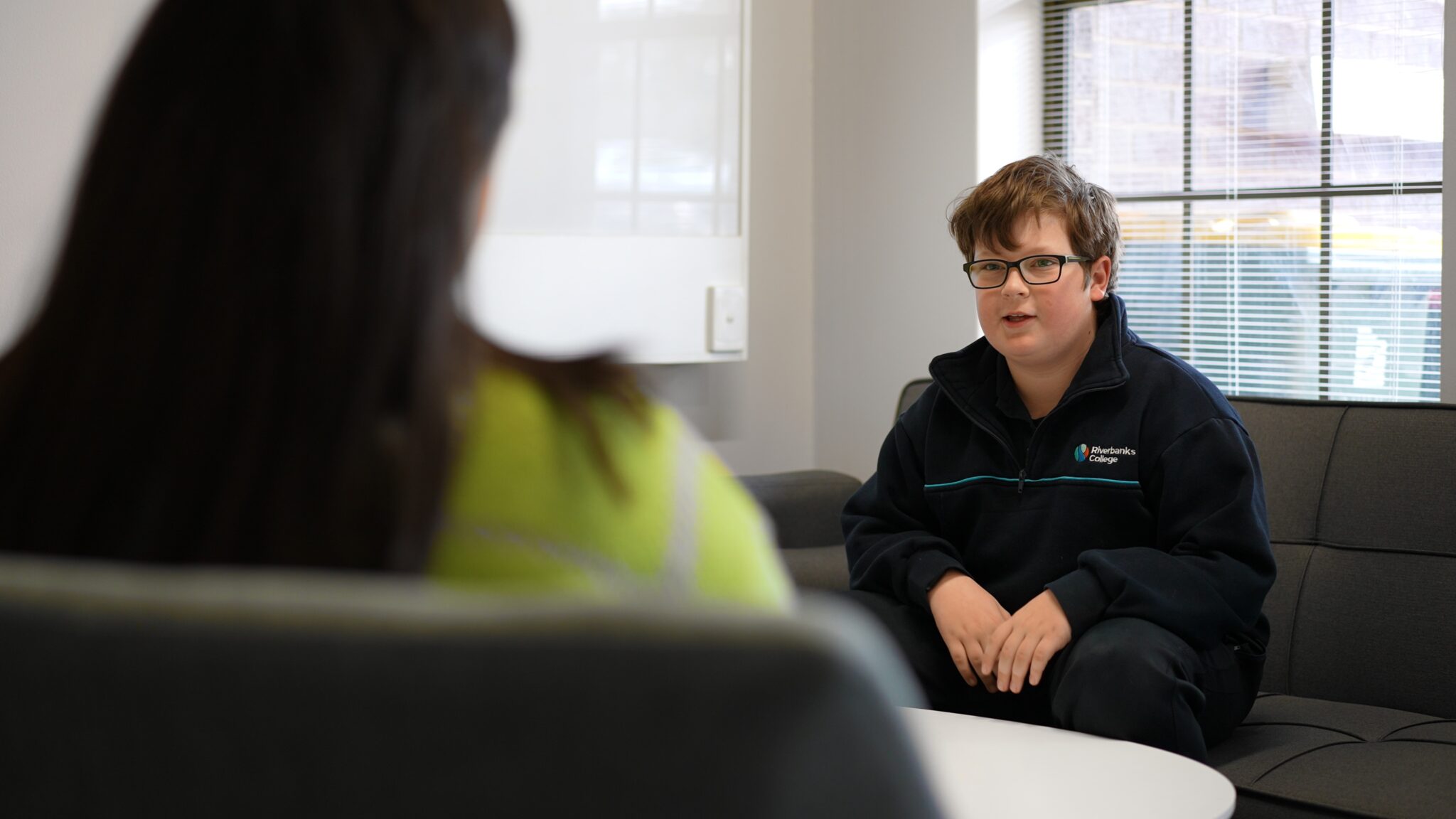Parents play a crucial role in helping their children manage separation anxiety.
Here are some strategies that can be beneficial:
Establish a goodbye ritual, making parting a positive experience
Creating a consistent and loving goodbye ritual can significantly ease the stress of separation for your child and yourself. This could be as simple as a special handshake, a warm hug followed by an empowering phrase like “I’ll be thinking of you”, or a playful goodbye dance that ends with a cheerful wave. The key is consistency and positivity, ensuring your child associates the moment of parting with feelings of security and love, rather than anxiety and fear. Over time, this ritual becomes a reassuring signal to your child that while farewells are a part of the day, there’s always a joyful reunion to look forward to. Remember, it’s about creating a sense of normalcy and safety within your routine, reinforcing your child’s confidence and independence in your absence.
Practice short separations to build confidence, gradually increasing the time apart
Beginning with brief periods of separation can significantly aid in building a child’s resilience and confidence in being apart from their caregivers. Start small, perhaps by staying in another room for a few minutes while your child engages in play or activities they enjoy. Gradually extend the time you are away, and as you do, it’s key to communicate with your child about where you are going and when you will return. This approach helps in demystifying the process of separation, making it a less daunting experience for your child. Over time, these short separations prepare your child for longer durations apart, such as attending school or staying with relatives, fostering a sense of independence and self-assurance in their own abilities to cope without you always in close proximity. Remember, every child’s pace of adjustment will differ; it’s essential to remain patient, supportive, and responsive to their needs throughout this process.
Keep promises about your return to build trust
Maintaining trust with your child is paramount, especially when managing separation anxiety. One straightforward yet potent way to do this is by always keeping your promises about when you’ll return. When you say you’ll be back after a short period, ensure you’re there as stated. This consistency builds a reliable framework for your child, helping them understand that separations, no matter how daunting, are temporary. They learn to trust not just your words but the predictable pattern of your actions, reinforcing their sense of security and stability. In situations where delays are unavoidable, communicate with your child as soon as possible, explaining the reason and reaffirming your commitment to return. This open line of communication bolsters their trust and helps mitigate feelings of uncertainty or abandonment. It’s all about creating a nurturing environment where your child feels valued and understood, laying a strong foundation for them to overcome their fears and grow with confidence.
Maintain a calm and positive demeanour when discussing separation
Maintaining a calm and positive demeanour when discussing separation is crucial. Your attitude and reactions can deeply influence how your child perceives and reacts to being apart from you. When you approach the subject of separation with a sense of calmness and positivity, it reassures your child that it’s a normal part of life and not something to fear. Use encouraging language and an upbeat tone, focusing on the positive aspects, such as the new friends they’ll meet or the exciting activities they’ll get to do. This doesn’t mean downplaying their feelings but rather validating them and offering a perspective that instills confidence and optimism. Your consistent, composed demeanour serves as a model for your child, teaching them to manage their emotions and view challenges, like separations, with courage and positivity. Remember, your child looks to you to gauge how to respond to situations, so your calmness becomes their strength, guiding them through their anxieties towards a place of security and independence.
Encourage communication about their feelings, fostering a safe space for discussion
Encourage open discussions about their fears, anxieties, and what aspects of being apart seem most daunting. Listen attentively and validate their feelings, reassuring them that it’s okay to feel nervous or scared. Use these conversations to empower your child, helping them identify and articulate their emotions. This not only aids in developing emotional intelligence but also strengthens the bond between you, showing your child they’re not alone in their feelings. Through constructive dialogue, you can brainstorm together strategies and coping mechanisms to address their concerns, making them feel more in control and less vulnerable to anxiety. It’s about building a trust-based partnership where your child knows their voice is heard and their feelings genuinely matter.
Introduce new surroundings and people gradually
Before a transition, such as starting a new school or daycare, take time to gradually introduce your child to the new environment and the people they will be spending time with. Arrange visits where they can explore the setting in a low-pressure situation, allowing them to adjust at their own pace. Meeting teachers, caregivers, or even classmates ahead of time can transform unknown faces into familiar ones, reducing anxiety when it’s time for the actual separation. These steps can significantly ease the stress of entering a new environment, helping your child feel more confident and less overwhelmed by change. By acknowledging and addressing their fear of the unknown, you’re helping pave a smoother path towards their independence and resilience.



